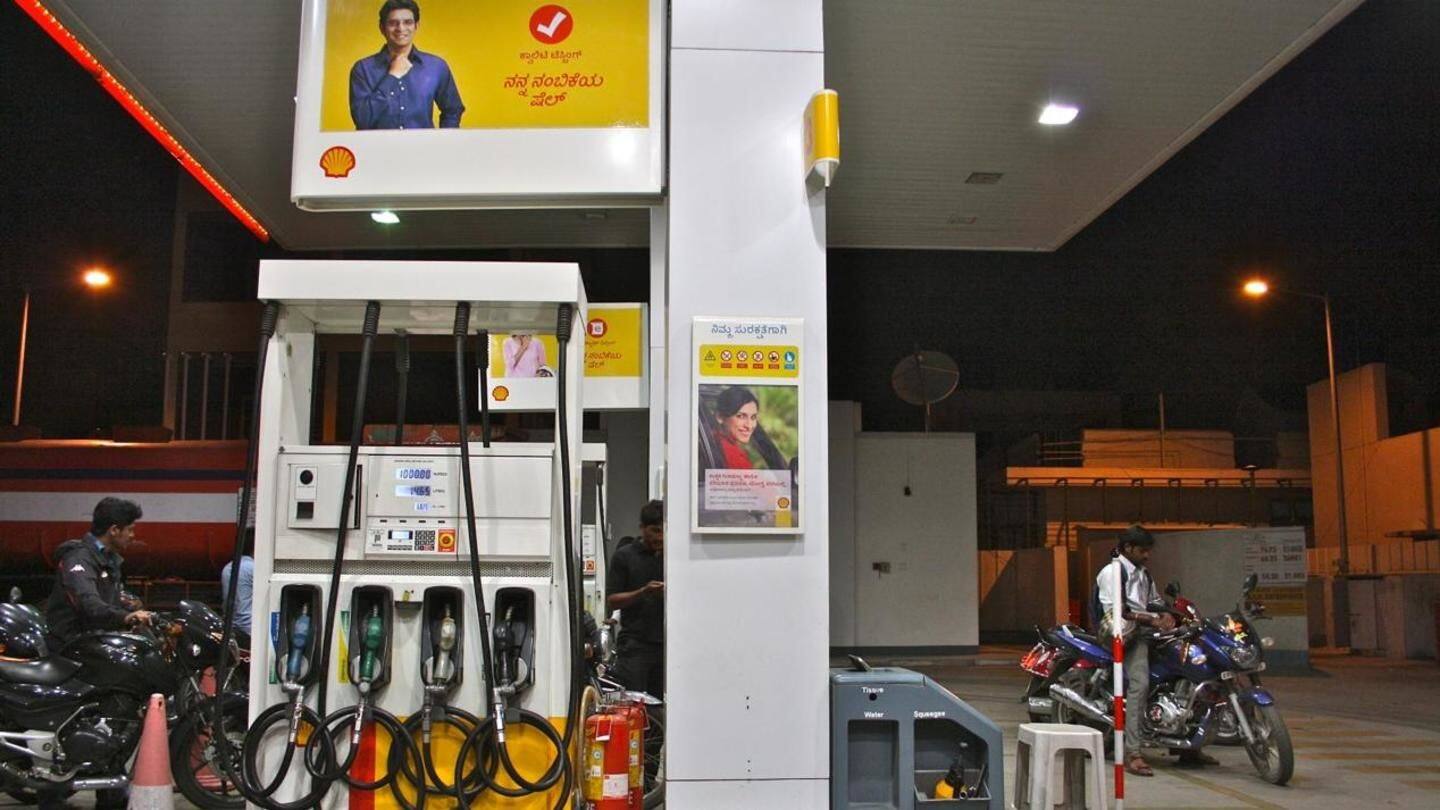
Fuel price hike: Working towards a 'long-term' solution, claims Javadekar
What's the story
After facing massive flak on the rising fuel prices, HRD Minister Prakash Javadekar has recently claimed that the Centre is working for a 'long-term' fix. "Government is working on a long-term solution with states. They are also equal stakeholders. They also levy their taxes and therefore all have to work together to come out with a solution," he had said. Here's more.
Details
Growing demand to bring fuel under GST
If fuel comes under GST, it will bring down the prices of petrol and diesel, but only if the states don't levy any tax. However, Sushil Kumar, Bihar Deputy CM and head of GST Network panel, quipped, "It's a misconception that price of petroleum products will be reduced significantly if they are brought under GST...instead it will have a minor impact in reducing prices."
Quote
States impose taxes above the highest GST rate: Kumar
"Under the GST regime, there is a practice across the world which empowers states to impose tax over and above the highest GST tax rate. This has been the practice followed everywhere in the world where GST has been implemented," Kumar added.
Oil companies
Meanwhile, are oil companies to blame?
Petroleum companies maintain that the global increase in crude oil prices is beyond their control, and that they can't do much as they operate on thin margins. Yet, it's interesting to note that petroleum firms have seen significant increases in their profit margins of late. For instance, Indian Oil Corporation and Oil India Limited recently announced 40.25% and 72.3% increases in profits, respectively.
Central government
The options before the Central government are limited
Yet, for all the hullabaloo, the Centre's options are limited. The Centre has ignored Opposition calls to cut excise duty on fuel as it would endanger India's fiscal deficit target. The Centre levies excise duties of Rs. 19.48/litre on petrol, and Rs. 15.33/litre on diesel. For every Re. 1 cut in the central excise duty, the Central government will lose Rs. 10,725cr in revenue.